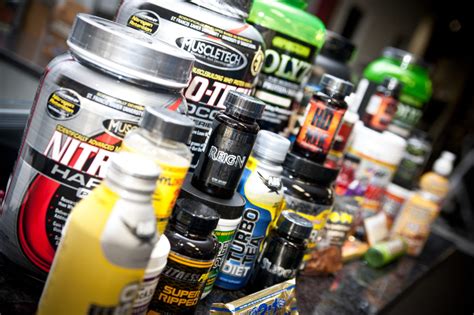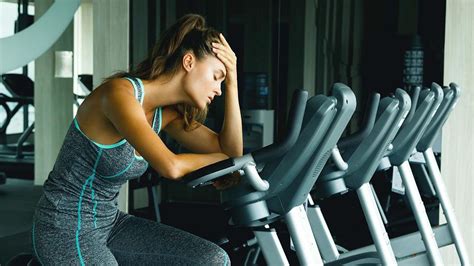
As we come out of the holiday season and into the new year, many of us may be feeling a little worse for wear. We may have indulged in too much food and drink, and may be feeling a bit discouraged about our fitness goals.
But it’s important to remember that it’s never too late to get back on track. And one of the key ways to do that is to set realistic fitness goals for yourself.
Setting realistic goals means setting goals that are achievable, and that take into account your current fitness level and lifestyle. It’s important to avoid setting goals that are too ambitious, as this can lead to frustration and discouragement.
Instead, start by setting small, achievable goals that you can work towards. For example, if you want to lose weight, set a goal to lose a few pounds each week, rather than trying to lose a large amount of weight in a short period of time.
Another important aspect of setting realistic goals is to make sure they are specific and measurable. This means that you need to be clear about what you want to achieve, and you need to be able to track your progress.
One way to do this is to set a target for each week or month, and then track your progress using a fitness app or journal. This will help you stay motivated and on track, and will give you a sense of accomplishment as you reach each milestone.
Once you have set your goals, it’s important to stick to them and stay focused. This means making time for regular exercise, and making healthy choices when it comes to your diet.
And if you need help or support along the way, don’t hesitate to reach out to a professional fitness coach like Jean Paul Rivas. Jean Paul Rivas can provide you with expert guidance and support to help you reach your fitness goals.
So don’t let the excesses of the holiday season hold you back. Start the new year off right by setting realistic fitness goals, and work towards achieving them with the help of Jean Paul Rivas.

